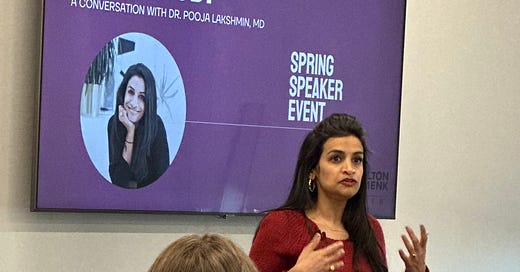Dear Pooja,
I’m 34-years-old and I just got an ADHD diagnosis for the first time. I’m starting medication soon, which I’m excited about. But, I feel so frustrated and angry, like I wasted years of my life and could have been so much more accomplished in my career had I known this sooner. I feel like I should be relieved to have a name for what I’ve felt for so long, and that I’ll finally get it treated. But instead, I feel like this anger is eating me up inside. How do I start to come to terms with all of this?
-“Lost in Time”
Hi “Lost in Time”
First let me reassure you that what you are feeling is completely normal. Every time I make a new diagnosis with a patient I hear a version of what you described above. Actually, I hear multiple versions of it, for months, and usually it comes back up when there is a new stressor, a dose change, a setback. What you are describing is a normal emotional reaction to getting a new lifelong diagnosis.
In reading your post my brain went immediately to th…
Keep reading with a 7-day free trial
Subscribe to Real Self-Care to keep reading this post and get 7 days of free access to the full post archives.




